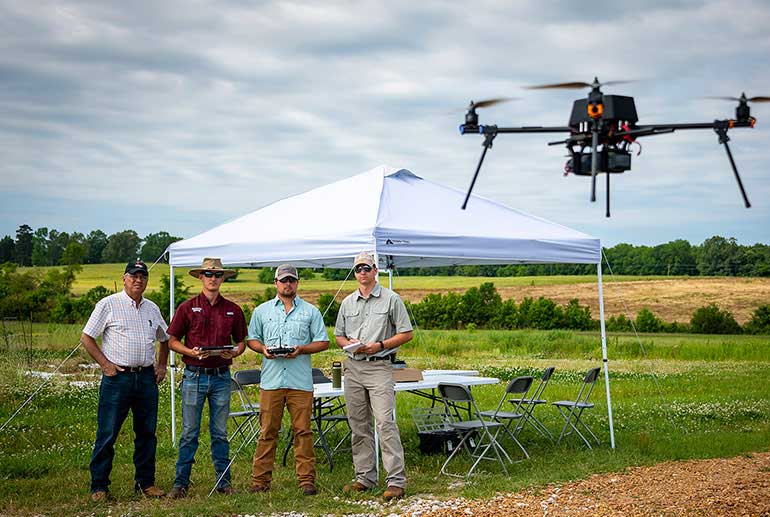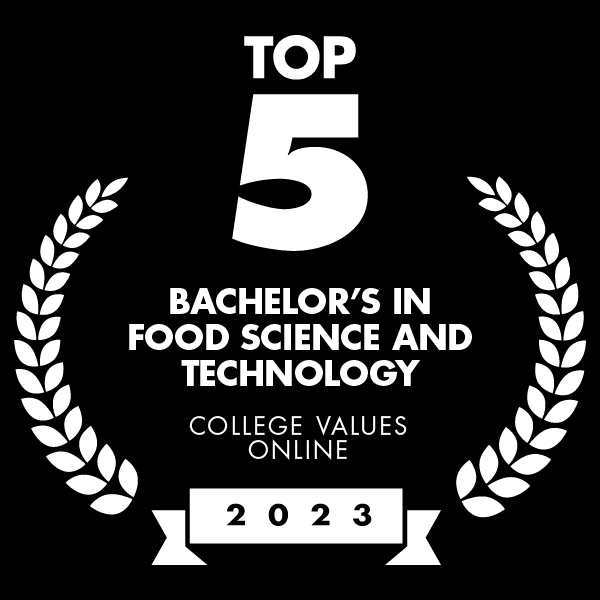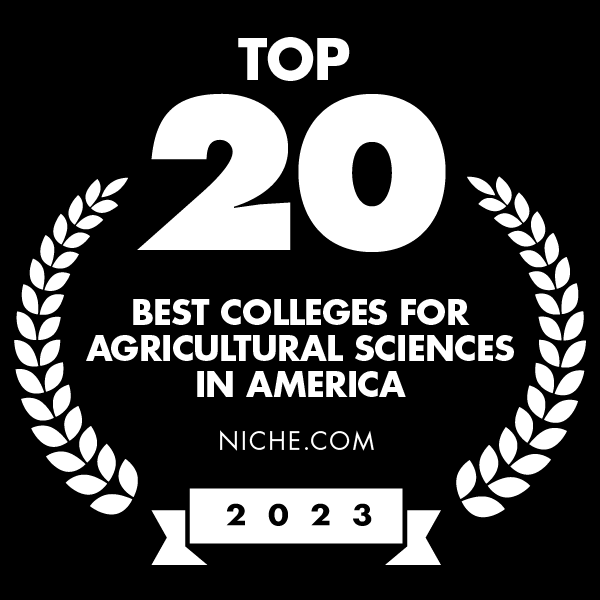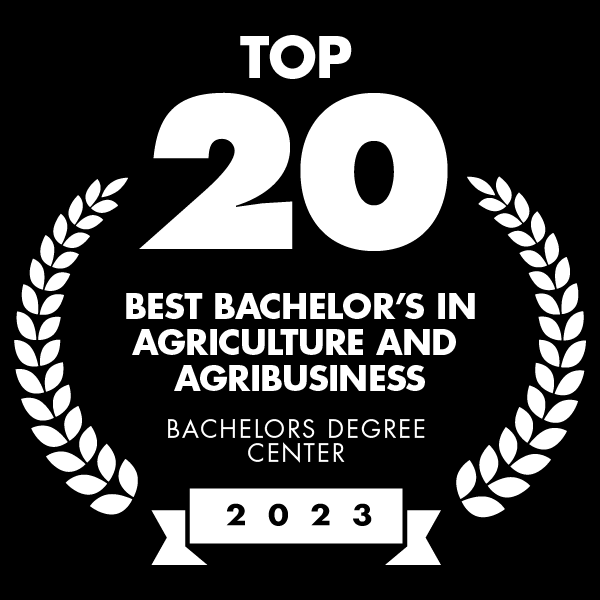The information presented on this page may be dated. It may refer to situations which have changed or people who are no longer affiliated with the university. It is archived as part of Mississippi State University's history.
Small Unmanned Aerial Systems courses take flight at MSU
Author: Vanessa Beeson

Dennis Lott (from left), who helps teach unmanned aircraft flight, looks on as students Graham Oakley, a plant and soil sciences master's student from Starkville; Addison Meeks, a senior agricultural engineering technology and business major concentrating in precision agriculture from Halls, Tennessee; and Lucas Whittenton, a spring agribusiness/production graduate, practice flying during an Ag Flight Technologies class at MSU earlier this summer. (Photo by David Ammon)
Two new Mississippi State courses in small Unmanned Aerial Systems (sUAS) technology are preparing a new generation of drone pilots.
As a hub for precision agriculture training, MSU is offering the new courses in the College of Agriculture and Life Sciences to help pilots pass the certification required by the Federal Aviation Administration to fly unmanned aircraft vehicles, or UAVs, commercially.
Amelia Fox, assistant clinical professor in the Department of Plant and Soil Sciences, teaches the two split-level courses in ag flight technologies—Ag Flight Technologies I and Ag Flight Technologies II. While the courses are centered on how would-be commercial pilots can pass the FAA Remote Pilot certificate exam, there also is hands-on flight instruction and the chance for students to operate different types of unmanned aircraft.
The courses are part of a growing number of precision ag offerings available at MSU. Students also may enroll in Fox's Ag Remote Sensing courses to learn how to manage and present data collected from unmanned aircraft.
Fox said basic and advanced ag flight technologies fill a significant gap in UAS flight training.
"In the U.S. we can't meet the workforce demand for pilots. Of the 150 aeronautical post-secondary schools in the U.S. today, each would have to graduate about 500 FAA-certified pilots a year to meet the workforce demand by 2022. These courses are meant to help with that issue," Fox said.
She said the classes are focused on getting pilots ready to move into immediate positions.
The courses are open to all students, and Fox said she is particularly targeting those interested in graduate school. "We want to find capable students that can serve their directors in research, that can go to grad school, and fly in other capacities for the university. Additionally, these courses would be good for faculty members or staff interested in flying commercially," Fox said.
She said her spring advanced class begins flying a half hour before sunrise in accordance with the Academy of Model Aeronautics regulations.
"We also fly with the sun at our backs glinting off the plane, which makes it easier to see. Fortunately, there isn't anyone else out flying at that hour, which makes it safer," she said.
Fox is passionate about letting students experience flying regardless of their previous exposure to the technology. She said she welcomes students across all majors and experience levels.
"What I love about the class is seeing people using a part of their brain they didn't know they have," Fox said. "Seeing them fulfill a dream or overcome a challenge is rewarding. Also, if someone winds up discovering this isn't for them, they've tried it in a safe environment and it hasn't cost them a great deal of money. Flight kits can cost around $500 and with this class, we only charge them $25 for a battery."
Senior Addison Meeks took to flying during Fox's courses even though he had no previous experience. The agricultural engineering technology and business major with a precision agriculture concentration said he's been interested in UAVs for a while.
"I grew up on a 5,000-acre row-crop farm in Halls, Tennessee," said Meeks, who took the course during Maymester. "My dad and I keep up with agricultural news, and he encouraged me to learn more about the technology."
Meeks has since worked on a research project with Fox using the technology to develop variable rate fertilizer prescription maps. Additionally, Meeks is now a student worker for the Geosystems Research Institute under the direction of Assistant Research Professor Joby Czarnecki. He said he flies every day that weather permits, usually about three days a week. Meeks credits the class for not only helping him pass the FAA certification, but also as preparation for his new role.
"The way the class is structured, it didn't matter how much experience you actually had with a UAV going into it," he said. "The way Dr. Fox teaches—I'm not going to say it's easy—but it's structured in a way that you really learn the material. You come away learning what you need to know."
MSU's Department of Plant and Soil Sciences offers undergraduate degrees in agronomy, horticulture and environmental science in agricultural systems. Master's and doctoral degrees are offered in agronomy, horticulture and weed science. For more information, visit www.pss.msstate.edu.
Date: 2019-08-13




